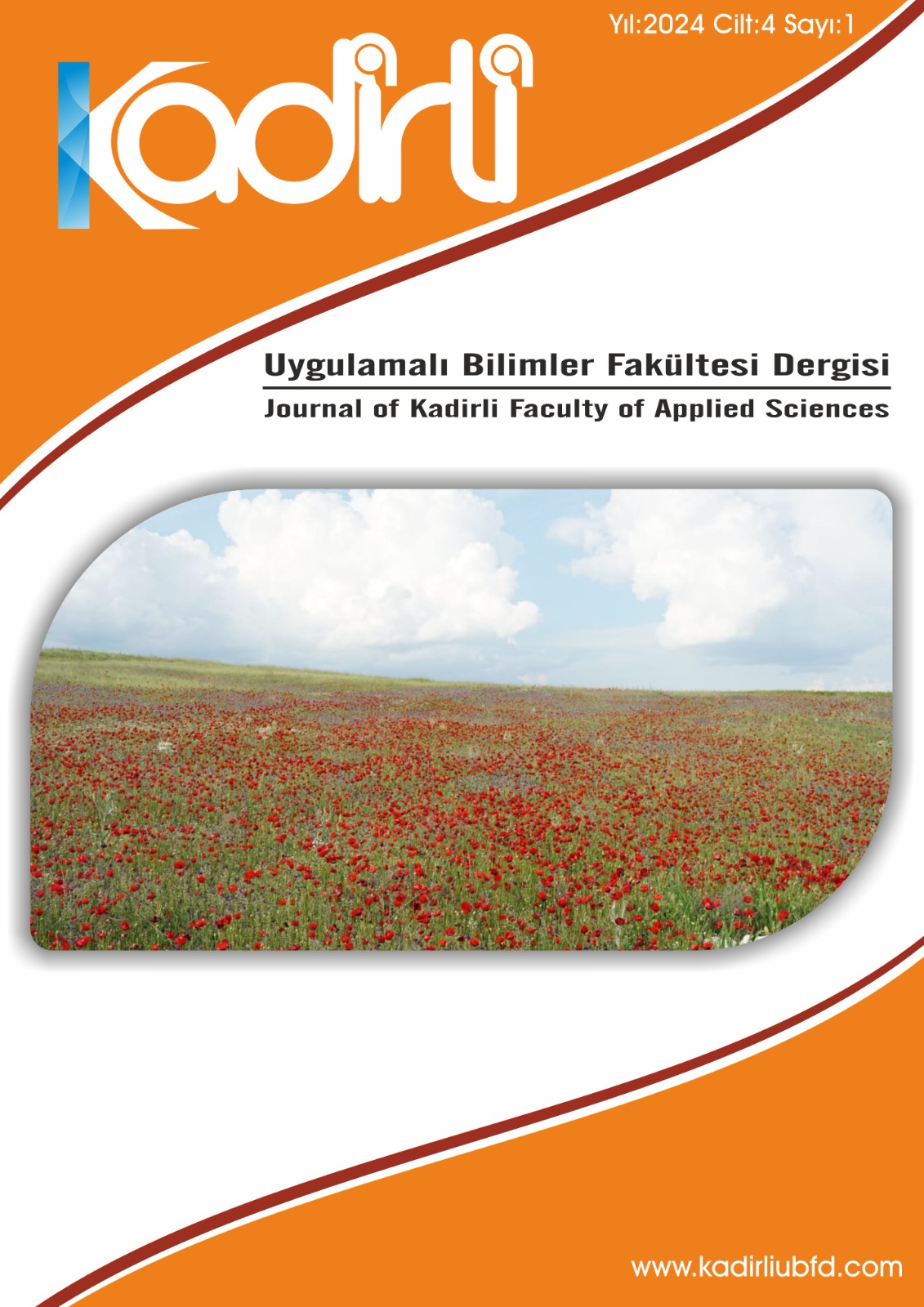The Effect of Morus nigra Fruit Harvested from the Çukurova Region on Mild Steel Corrosion in a 0.5 M HCl Solution
Keywords:
Corrosion, Green Inhibitor, Mild Steel, DFT, EISAbstract
In this study, the effects of the juice of mulberry, which is grown abundantly in Çukurova region, on the corrosion behavior of mild steel (MS) in 0.5 M HCl solution was investigated. According to the obtained results, the polarization resistance of MS increases in the presence of mulberry juice and the current values determined from the anodic polarization curves decrease. It was determined that the adsorption of organic molecules from the fruit content on the MS surface caused an inhibitor film to form on the surface, decreasing the corrosion rate. Quantum theoretical investigations were conducted in an effort to better understand the corrosion mechanism with the hypothesis that inhibition in issue may be brought on by p-coumaric acid and chlorogenic acid, which are the most prevalent in fruit content. These molecules' dipole moments are 3.9353 Debye and 6.2839 Debye, respectively. The p-coumaric acid has EHOMO and ELUMO values of 7.033 eV and 0.409 eV, respectively, while chlorogenic acid has these values of 5.845 eV and 4.057 eV. It has been determined that the carbonyl and hydroxyl terminals in the molecular structures have a role in the adsorption of these compounds on the MS surface based on the calculated Mulliken charges. At the highest inhibitor concentration, approximately 99% inhibition efficiency was observed after an immersion period of 168 hours
Downloads
Published
How to Cite
Issue
Section
License
Copyright (c) 2024 Kadirli Uygulamalı Bilimler Fakültesi Dergisi

This work is licensed under a Creative Commons Attribution-NonCommercial-ShareAlike 4.0 International License.





